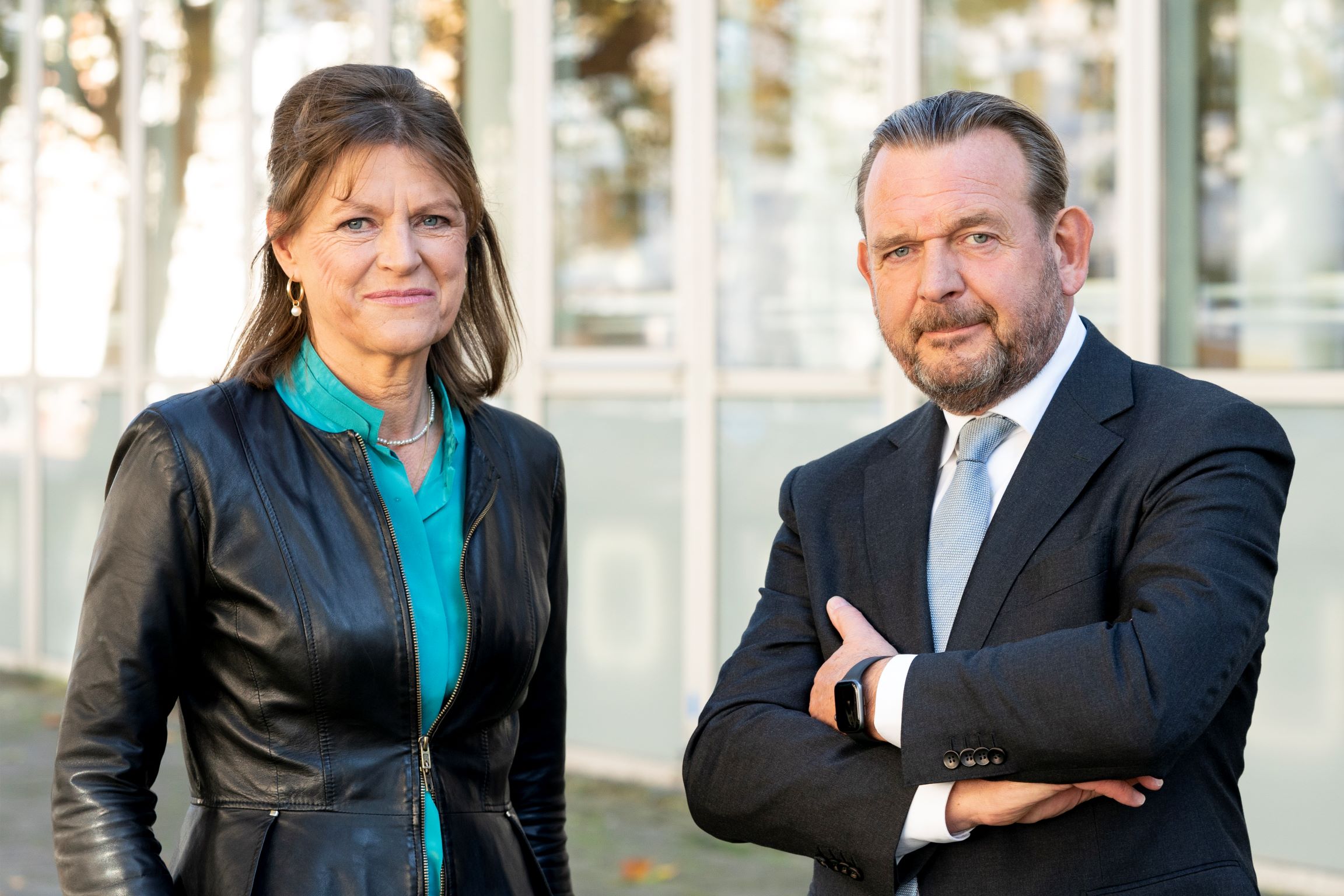Emergency shelter for asylum seekers must change: ombudsmen
Senay Boztas
Children and adults in emergency refugee shelters have a serious risk of inhumane conditions, the Dutch ombudsman and children’s ombudsman have warned.
In a report published on Tuesday, Crisis Over, they said that urgent improvements need to be made and propose a new, official quality test.
When asylum centres and emergency shelters are full, the Dutch government and regions are allowed to use crisis shelters, with lower legal standards than normal shelters since they are supposed to be used for only a short time. But increases in the number of asylum seekers and a shortage of accommodation mean that families can end up there, the ombudsmen warn, for months.
Margrite Kalverboer, the children’s ombudsman, told NOS broadcaster: “I think that our society really doesn’t know enough about how things really are there,” she said. “What it is like to live in a room with no ceiling with two children, someone living right next to you, never being able to be alone, afraid, not properly informed, your children not going to school. We have no idea what that’s like.
“A lot of organisations have been to look, inspectors, VluchtelingenWerk, and everyone says this cannot continue and needs to change. But the appeal is not being properly listened to.”
Last week, Dokters van de Wereld, Pharos and the Dutch Red Cross reached the same conclusions in a critical report saying that crisis shelter is actually making people ill. The Red Cross said that it was active in 31 locations in the Netherlands, running 19 of them entirely.
According to CBS Dutch statistics office, the number of refugees tends to peak in the summer. Last year there were 46,460 asylum seekers and family members of people with refuge here arriving: this year, 70,000 are expected, reports The Parool. Crisis solutions include using ferry ships for up to a thousand refugees and asylum seekers each, for example, currently in Rotterdam and Amsterdam.
Ombudsman Reinier van Zutphen said that even the word “crisis shelter” is now an illusion. “This is the new reality,” he said in a press release. “In temporary situations you can sometimes move the boundary of what you find acceptable. But the crisis is over and this is unacceptable. Immediate changes and systematic solutions are necessary.”
Last year, Doctors without Borders sprang into action for the first time in the Netherlands to alleviate desperate situations at an asylum registration centre in Ter Apel, where people were camping outside due to a lack of beds. A newborn baby died in emergency accommodation in a crowded sports hall, and the cause of death was recently officially designated as unknown.
On Wednesday, a parliamentary committee will debate asylum policy. Eric van der Burg, junior minister for asylum, has been trying to reach agreement on a controversial bill to spread asylum shelters more evenly throughout the Netherlands.
Earlier this month, he said there needs to be enough shelter and housing for refugees with settled status, as well as “a return journey for those who are not allowed to stay.”
Thank you for donating to DutchNews.nl.
We could not provide the Dutch News service, and keep it free of charge, without the generous support of our readers. Your donations allow us to report on issues you tell us matter, and provide you with a summary of the most important Dutch news each day.
Make a donation